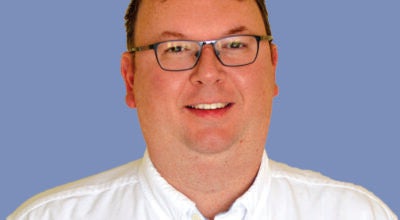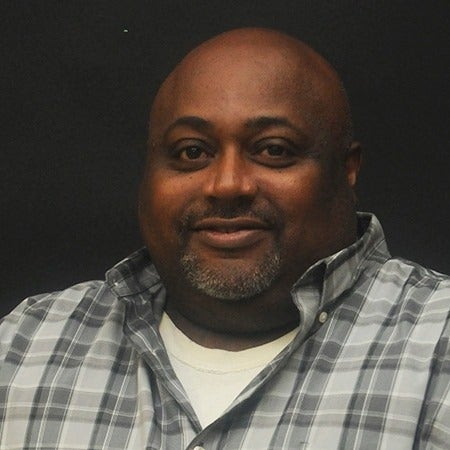Censorship is counterproductive
Published 8:10 pm Saturday, February 23, 2013
Submitted by Joe Rembert
In 1610, an Italian Scientist named Galileo Galilei, published a book called Starry Messenger in which he, mathematically refuted the geocentric theory of planets and the sun revolving around the earth. Polish cleric and astronomer, Nicolaus Copernicus, was a pioneer of a counter theory called heliocentric. This theory reasoned that all of the planets revolved around the sun.
This new theory brought Galileo into direct conflict with the church (Catholic and Protestant). The church had long taught that the earth was the center of the universe and if the church were proven wrong on this issue, it would be challenged on other issues.
After Galileo published a second book supporting the heliocentric theory, he was called before an Inquisition in Rome and was forced to renounce his views.
He was then forced to live under house arrest until he died in 1642. The Catholic Church did not admit to its atrocious censorship until 1999.
I, along with countless other veterans served our country during times of war to ensure that the freedoms enjoyed by the U.S. citizenry are not abridged or abrogated to give advantage to one group over another.
The first amendment, which guarantees freedom of the press is a sacred right granted, not for the sake of the press, but to ensure that a “fourth branch of government” can continue to inform the public, without let or hindrance, about matters that affect its well-being.
Along with rights given to the press is the responsibility to demonstrate that its offerings are presented with sagacity, veracity, and unparalleled audacity for the sake of “we, the people.”
I read in one Selma Times-Journal story that the city school board wanted to abolish citizens’ rights to speak at work sessions. In a columnist’s presentation, Ashley Johnson revealed her frustration with citizens speaking at the council meetings. She indicated that she uses her time on Facebook instead of paying attention during these long and often contentious meetings.
While I understand her frustrations, I better understand how our democracy works. I have strongly disagreed with the positions of some people who speak at public meetings. I am dismayed by the incivility of some presenters.
However, if public officials and the press attempt to use repressive measures to silence one group, then we, in fairness must silence all. And that silence will last just long enough for the dissenters of public policy to change shoes and take to the streets.
Most of the lengthy meetings are that because the public officials fail to ensure that the rules are applied to everybody equally. Sometimes public officials instigate disruptions to make officials with opposing views look bad.
School board members and city council members receive remuneration for their service. Journalists are also paid to report on the events that occur. Citizens, who attend meetings most often, are not paid to attend.
Paid or not, all should be responsible and respectful when conducting the people’s business. Roswell Falkenberry, Jean Martin, and Victor Inge, are just a few journalists that worked through the hardships of the job.
Just a perusal of Alvin Benn’s book will highlight the ump that is required to meet the standards of journalistic fair play. As Johnson matures in her job, she will surely rise to a level of understanding that acknowledges everybody’s right to be heard when they play by the rules.
There should be enforceable measures adopted to remove those citizens who fail to follow the rules, even when they want to be removed.
I spoke at a city council work session to oppose a sales tax increase. I was civil as were the council members. If I discover that the increase is used to provide another revenue stream for those entitled citizens who have gotten use to feeding at the public trough, I’ll be back.



